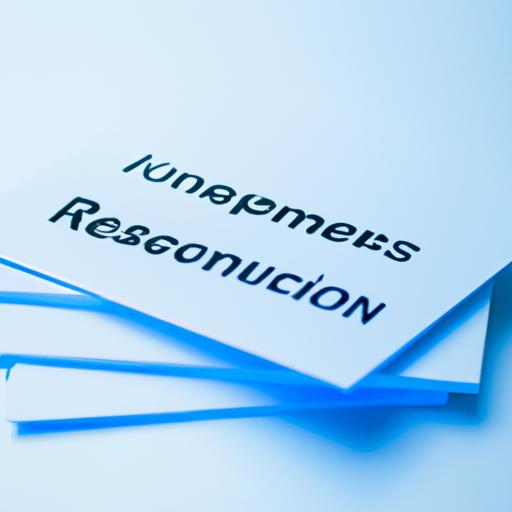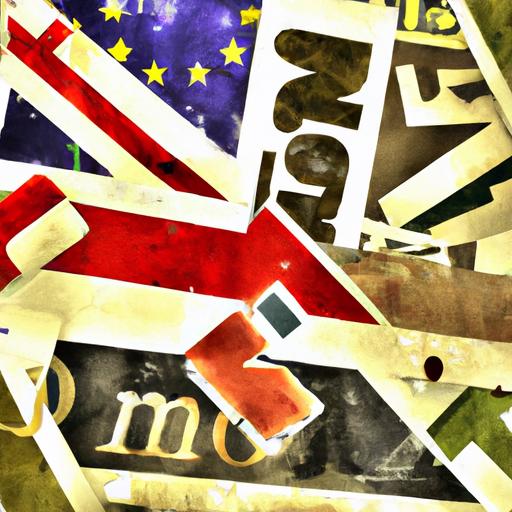In the annals of economic history, few events have left as lasting an impact as the great inflation disaster. Decades have passed since hyperinflation ran rampant through economies around the world, yet there is still much we have yet to uncover about this pivotal period. In this article, we will delve into the mysteries that linger, exploring the lessons we must still learn from the chaos of the great inflation disaster.
Challenges in understanding the root causes of the great inflation disaster
Understanding the root causes of the great inflation disaster presents a myriad of challenges for economists, policymakers, and historians alike. One of the primary obstacles faced is the complexity and interconnectedness of various factors that contributed to the economic crisis. From monetary policy decisions to global geopolitical events, untangling the web of causes requires a holistic and interdisciplinary approach.
Moreover, the lack of comprehensive data and documentation from the period adds another layer of difficulty in piecing together the puzzle of what led to such widespread inflation. The bias and subjectivity present in historical accounts further complicate efforts to uncover the underlying causes. To truly learn from the great inflation disaster, researchers must navigate these challenges with careful consideration and critical analysis.

Impacts of the great inflation disaster on different sectors of society
One of the sectors most affected by the great inflation disaster was the housing market. **Many families** found themselves unable to afford their mortgage payments as interest rates soared, leading to a wave of foreclosures and a housing market crash. **Home prices** plummeted, leaving many homeowners **underwater** on their mortgages and unable to sell their homes. The **construction industry** also took a hit, as fewer people were able to afford new homes or renovations during this tumultuous time.
Another sector greatly impacted by the inflation disaster was the **job market**. **Unemployment rates** skyrocketed as many companies were forced to downsize or close their doors due to the economic downturn. **Wages** failed to keep up with the rising cost of living, leaving many workers struggling to make ends meet. The **business sector** also suffered, with many companies facing **bankruptcies** or severe financial losses. It took years for the economy to recover from the devastation caused by the great inflation disaster, leaving a lasting impact on society as a whole.

Recommendations for preventing a similar economic crisis in the future
One of the key is to prioritize transparency and accountability in financial institutions. This means implementing stronger regulations and oversight to ensure that risky practices are not being pursued unchecked. Additionally, there should be a greater emphasis on educating both consumers and investors about the potential risks involved in financial markets.
Another important measure is to encourage diversification in the economy to reduce reliance on a single industry or sector. This can help to mitigate the impact of any potential downturns in the future. It is also crucial for policymakers to maintain a sustainable fiscal policy and avoid excessive borrowing, as this can put the economy at risk of inflation and other related issues. By implementing these recommendations, we can work towards creating a more stable and resilient economic system for the future.
To Wrap It Up
As we reflect on the lessons of the great inflation disaster, it is clear that there is still much we must learn. The past is not simply a series of events to be studied and analyzed, but a guidepost for navigating the future. By understanding the causes and consequences of runaway inflation, we can better equip ourselves to prevent similar crises in the future. Let us continue to seek out knowledge, ask the tough questions, and challenge our assumptions. Only then can we truly grasp the full extent of the great inflation disaster, and work towards a more stable and prosperous future for all.



